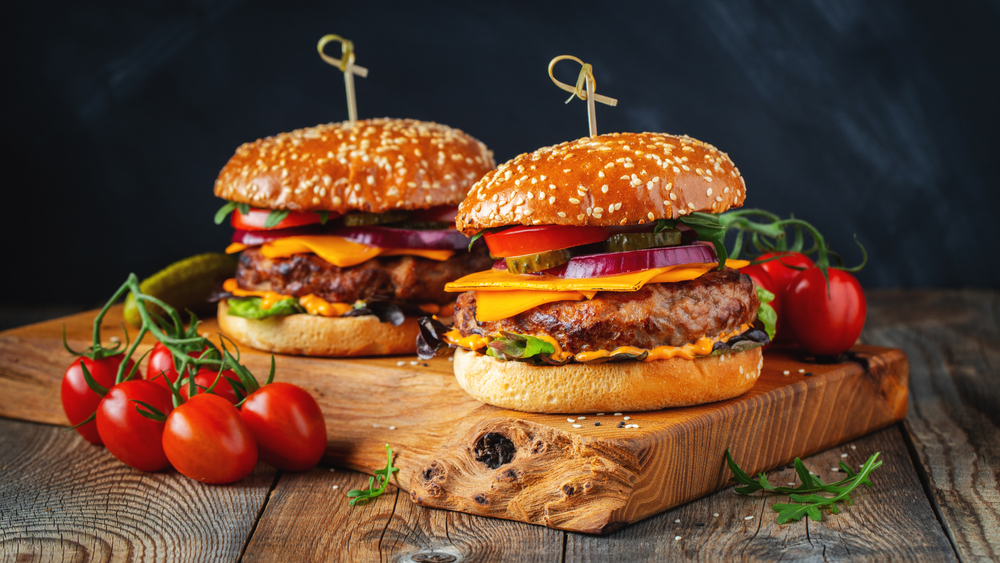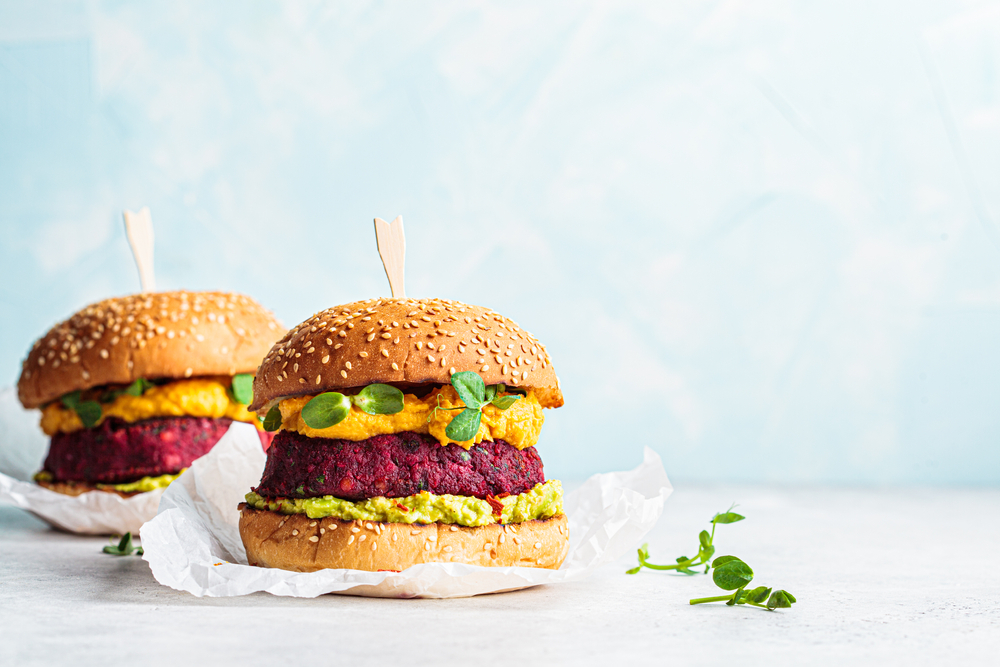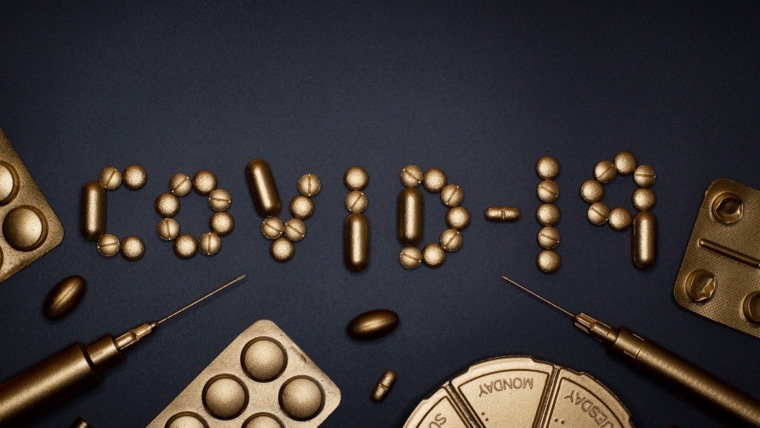
If supermarket advertising and the mainstream media are anything to go by, vegetarianism and the adoption of a plant based diet is now a significant proportion of the population. Food advertising often now promotes plant free alternatives as a direct alternative to their meat based originals. Initiatives like Veganuary are adhered to as a platform for plant based companies all over the world to promote their latest wares.
But when you start to break it down, vegans and vegetarians still make up a very small proportion of the UK population.
According to the Vegetarian Society, the number of people in the UK who maintain a vegetarian diet 100% of the time hover around 2-3% – about 1.2 million. The Vegan Society cites slightly different numbers – claiming around 600,000 vegans in total, or 1.21% of the population. It is not clear how these numbers relate to each other, or if there is some blurring of the edges, but it is still fair to say that a good 97% of the UK population still eat meat on a regular basis.
It is clear that despite the health and climate benefits of reducing our global consumption of meat, its production is still a fundamental part of our economy, and its role in providing essential nutrition to the next generation must be maintained.
More attention should be given to the quality of the meat that is produced – from the farm to the fork, the industry needs to maintain the highest standards. And this is no clearer than when observing the importance of what Qurbani is to Muslim’s all over the world, and the role meat plays in its celebrations. Only the best, well cared for animals can be used, slaughtered and distributed to very high standards.

Table of Contents
Husbandry
Are the animals well cared for? Not just in terms of being fed and watered. But in terms of being treated with respect. The effect of stress in animals have shown to significantly affect the overall quality of the meat.
If you choose to eat meat, it can have a wealth of health benefits. Eaten in moderation, it is nutrient dense, providing an excellent source of protein, iron, essential amino acids, vitamins and minerals.
Meats to avoid are the processed meats – for example, sausages, hot dogs, salami. These products contain harmful chemical components used to preserve the red/pink colour of the meat, improve flavour, and prolong the shelf life of the product. Processed meats have long been linked to diseases such as cancer and heart disease.
Grass fed
There can be no better food source for sheep and cattle than rich, nutritious grass. Pasture fed livestock on a well managed farm where rotational grazing is implemented will not only guarantee a better quality of product, but will also mitigate the effect on the environment. Health benefits include:
-
Lower total fat levels and lower saturated fat content compared to grain fed animals.
-
Higher levels of omega-3 fatty acids, and a lower, more balanced ratio of omega-6 to omega-3 fatty acids.
-
Higher levels of CLA Conjugated Linoleic Acid, and higher levels of vaccenic acid, which can be turned to CLA.
-
Higher vitamin and mineral levels than grain fed meat. Particularly rich in vitamins A and E, and minerals such as calcium, magnesium and potassium.
What you might not realize is how much the taste of the meat is influenced by where the animal was grazed. In the same way that the taste of wine is influenced by the soil and climate of the area the grape is grown in, the taste of the meat is similarly nurtured according to the type of grass, and the soil in which that grass grows.


